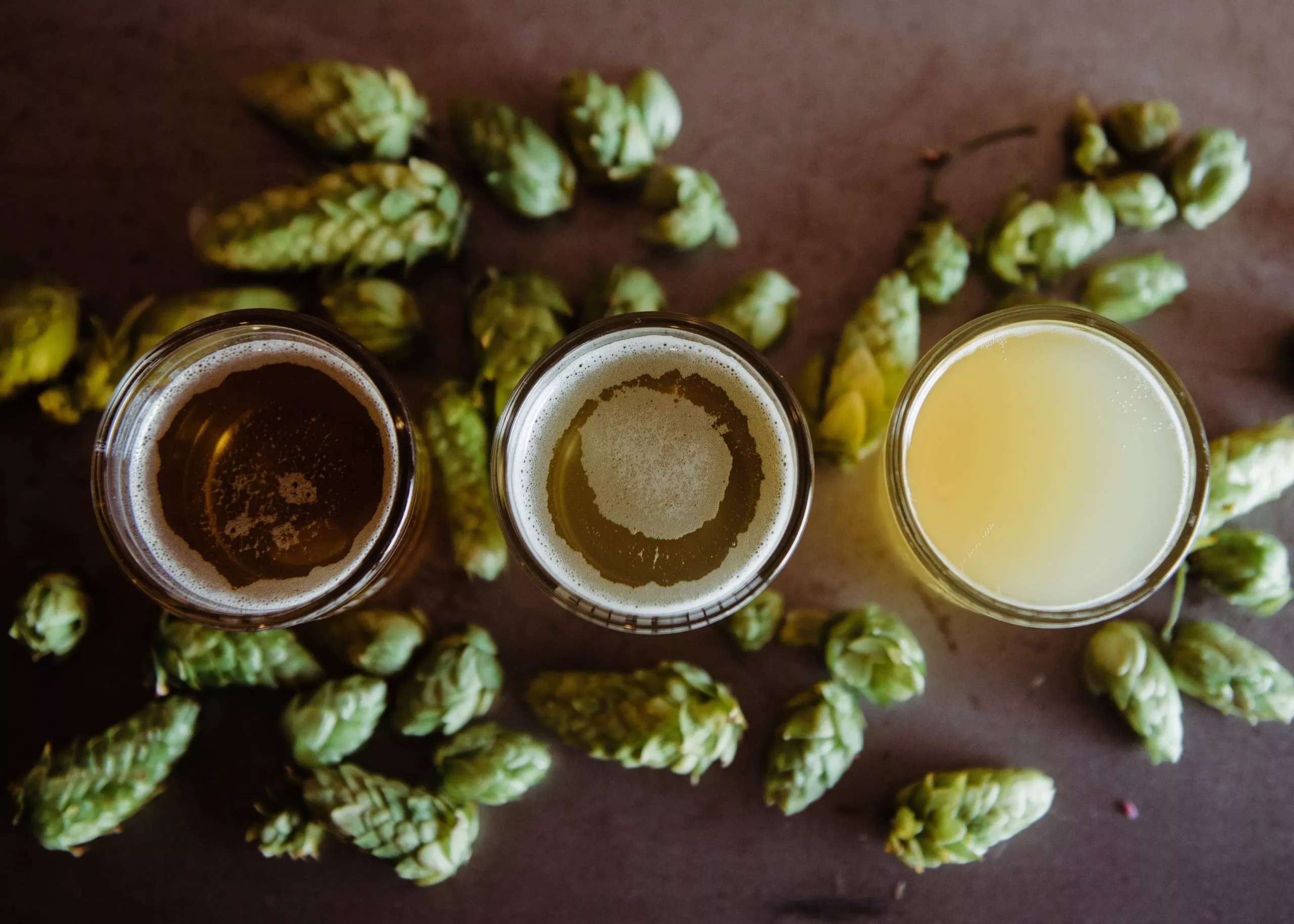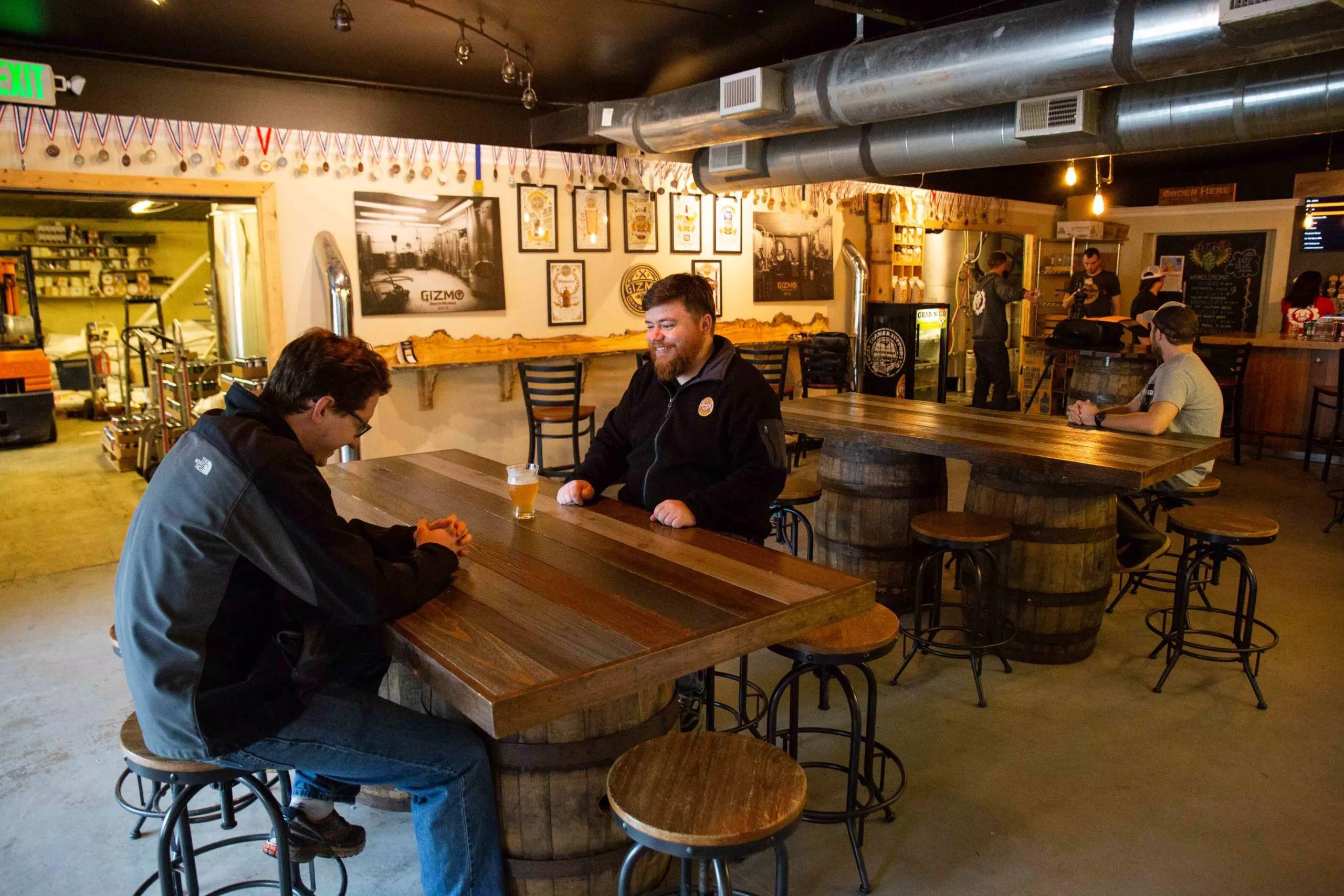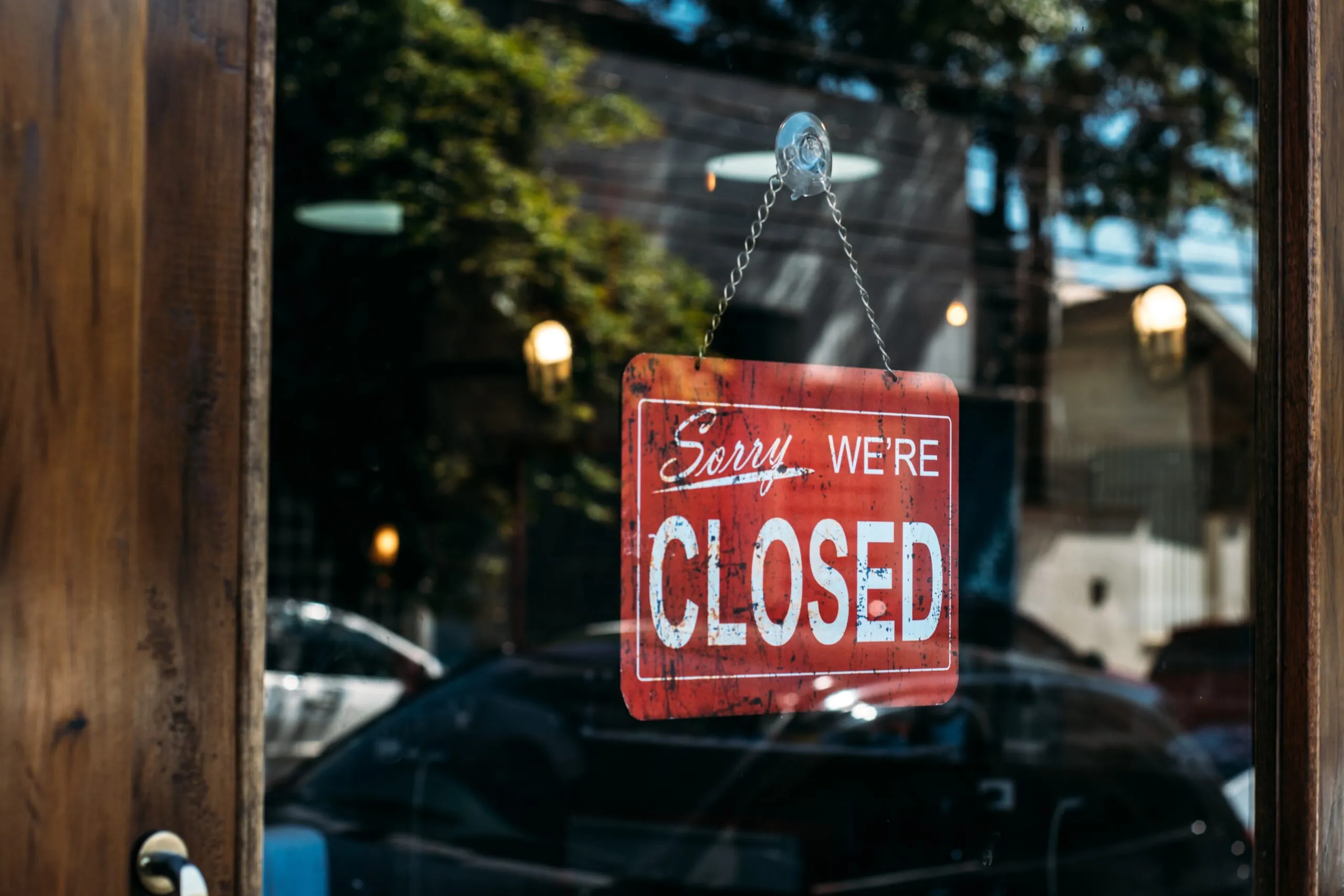Sustainability and green practices are hot topics as of late, and there’s a reason why so many industries have started to make more environmentally friendly decisions — including the brewing industry.
From the barrels of water needed to make a barrel of beer and the carbon emissions created from transporting product to the waste created from packaging the product, there are a lot of ways the craft beverage industry can improve their sustainable practices. Follow along as we provide ways you can improve your sustainability efforts, explore how others in the craft beverage industry are reducing their carbon footprint, and discover how these changes will benefit you.
3 Ways to Improve Your Brewery’s Sustainability Efforts
If you’re interested in reducing your carbon footprint and taking on green practices, you may not be sure where to start. To get you started on your sustainability journey, we’ve outlined three ways to improve your efforts.
Switch to Sustainable Packaging
One of the most noticeable changes you can make at your brewery or cidery is to switch to a more sustainable form of packaging. Consider how you currently package your products. If you usually opt for glass bottles, you may consider switching to aluminum cans for their recyclability and cost-efficiency. Along with changing your packaging, you can also promote additional sustainable packaging methods with your customers such as reusable growlers that allow them to take beverages home while limiting waste. Making small changes to how you package your product can go a long way toward reducing your carbon footprint.
Source Locally Grown Products
How do you currently purchase the necessary materials to create your products? Are you importing products from across the country? Instead, consider sourcing locally grown ingredients. This will not only support the local community that you’re a part of but also limit the distance that materials must travel. By shortening the distance, you’ll be helping to reduce greenhouse gas emissions.
Recycle Your Spent Grains
As a member of the brewing industry, you understand that spent grains are a major by-product of the brewing process. Though commonly thought of as “waste,” spent grains do not need to be discarded — you can recycle and reuse them within your facility or the local community. These grains are still edible and have their original sugars, fiber, vitamins, and proteins, which is why many sustainable breweries donate or sell their spent grains to local farmers so they can use the grains for compost or animal feed. Spent grain can also be used in cooking and baking if properly processed, so consider using it in your brewpub’s restaurant or starting a partnership with local restaurants.
How Breweries Are Reducing Their Carbon Footprint
The idea of improving sustainability efforts isn’t anything new for craft brewers, but it’s definitely grown in importance over the years. Reducing their carbon footprint takes more than donating money to environmental groups — it takes real changes to the brewing process for a business to feel the effect of the efforts they’re making. While breweries, cideries, and wineries all over the country are tweaking their processes to be more sustainable, there are a few that we’d like to call out.
Hopworks Urban Brewery was the first Certified B Corp in the U.S. Pacific Northwest. To earn this title, businesses are required to meet rigorous standards of social and environmental performance, accountability, and transparency. Additionally, Hopworks Urban Brewery also boasts recognition as the world’s first Salmon-Safe Certified Brewery for putting forth monumental efforts to ensure clean water for urban and agricultural watersheds.
Along the East Coast in Richmond, Virginia, you’ll find another sustainability-focused brewery, Hardywood Park Craft Brewery. As the first 100% renewable energy-fueled brewery in Virginia, it’s no surprise that “Brew with a purpose” is the slogan their team lives by. To produce their beer they use a mix of solar, biomass, and wind power.
Even the smallest sustainable efforts can have a large impact on the environment. The more craft brewers begin changing their business models to incorporate environmentally friendly processes, the bigger the difference will be.
Benefits of Sustainability for Craft Beverage Businesses
Making the change to more environmentally friendly business practices doesn’t only benefit the Earth — your craft beverage business will benefit as well! Here are a few ways sustainable practices will help your business flourish.
Build Stronger Relationships with Your Customers
Building your loyal customer base is a slow and steady process. Gaining loyalty from existing customers is a lot better for your business than constantly trying to recruit new customers. In fact it can cost you five times more to generate new customers than retain your existing customer base. So how can improving your sustainable practices help your business build a deeper connection and retain more customers? To keep coming back, they not only need to enjoy your product but also have values that align with yours.
A recent study found that two-thirds of consumers consider sustainability before making a purchase. While sustainable practices may not be a deciding factor for all consumers, it is valued highly by many. By aligning your brand with the same environmentally friendly values that appeal to your customers, you’ll drive brand loyalty and customer retention.
Support Your Local Community (& They’ll Support You)
As a craft beverage business, you should always be looking for ways to give back to the local community that shows you support day in and day out. While establishing partnerships and giving back can be effective public relations tactics, it’s about much more than that. Finding ways that allow the community to benefit from your sustainable practices ensures the community will continue to show their support.
Improve Your Reputation in the Craft Industry
In recent years, sustainable practices have become more and more popular among consumers in the craft beverage industry. Whether it involves environmentally-friendly changes to your brewing process or switching to sustainable packing, people see these green values as a major plus. Even if these adjustments to your business cause inflation to your prices, a recent Retail and Sustainability Survey found that 47% of consumers were willing to pay more for a sustainable product. The loyalty to a brand lies behind their sustainability efforts.
Your craft beverage company’s sustainable practices will not only boost your reputation but also boost your ability to retain existing customers and build a loyal customer base. It may not be easy, but it’ll be worth it in the long run — for you and for the planet.



